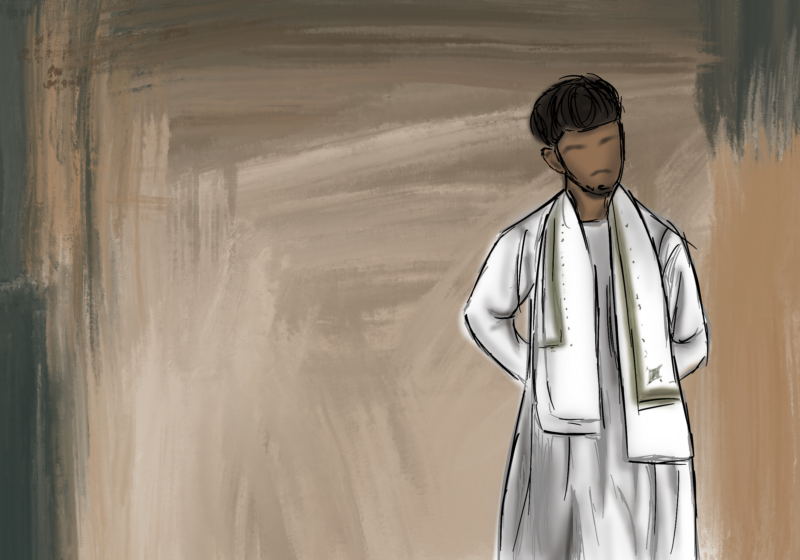 Wakenda Tyler, assistant professor of orthopedics at UR, said she received an e-mail from department chairman Regis O’Keefe about the Johns Hopkins shooting. O’Keefe offered her condolences to Cohen’s family and friends.
Wakenda Tyler, assistant professor of orthopedics at UR, said she received an e-mail from department chairman Regis O’Keefe about the Johns Hopkins shooting. O’Keefe offered her condolences to Cohen’s family and friends.
“[This may be] a bad event, but it is not unheard of,” Tyler said. “This is not the first time a belligerent patient has tried to come after a doctor, and it probably won’t be the last.”
Tyler, who attended medical school at Johns Hopkins for five years, has not heard of similar incidents at the UR Medical Center. However, she had encountered aggressive patients during her residency years in New York City. On several instances, she had to call the police on them.
“As a physician, you sort of have to be aware of it,” Tyler said. “I tell residents and medical students that if you have a patient that seems hyper-excitable, do your best to not excite them. Talk calmly to them and don’t aggravate the situation by inciting further anger.”
On dealing with unruly patients, Tyler recommends getting another doctor or nurse into the room. In tougher situations, she recommends calling Security.
“It’s impossible to practice medicine in this country without somebody getting unhappy about the care somewhere along the way,” Tyler said.
The nurses and staff at UR Medical Center are also trained on the job to deal with unhappy patients.Tyler points out that the patients are more likely to take their anger out on nurses than doctors.
According to Senior Associate Dean of Medical Student Education David Lambert, URMC policies on how to deal with patients who are having difficulties are taught to the staff.
“Medical students, as part of their training in interviewing and counseling patients, are given knowledge and skills to handle such situations,” Lambert said.
Students are advised to leave the room if such situations arise, and to get help from any attending staff nearby.
“It’s a sad situation,” Tyler said. “We make huge sacrifices to be doctors, and it’s a real shame the patient couldn’t see that the doctor was just trying to do what’s right for him.”
URMC student Margaret Compton believes that there is not one single method to best approach a distraught patient.
“Every situation is different, and people react in unexpected and even unusual ways to stressful life events,” she said.
“Although we have not specifically discussed what to do in situations like that in Baltimore, there has always been a focus on communicating well with patients and families in order to keep them informed.
Lim is a member of the class of 2014.




